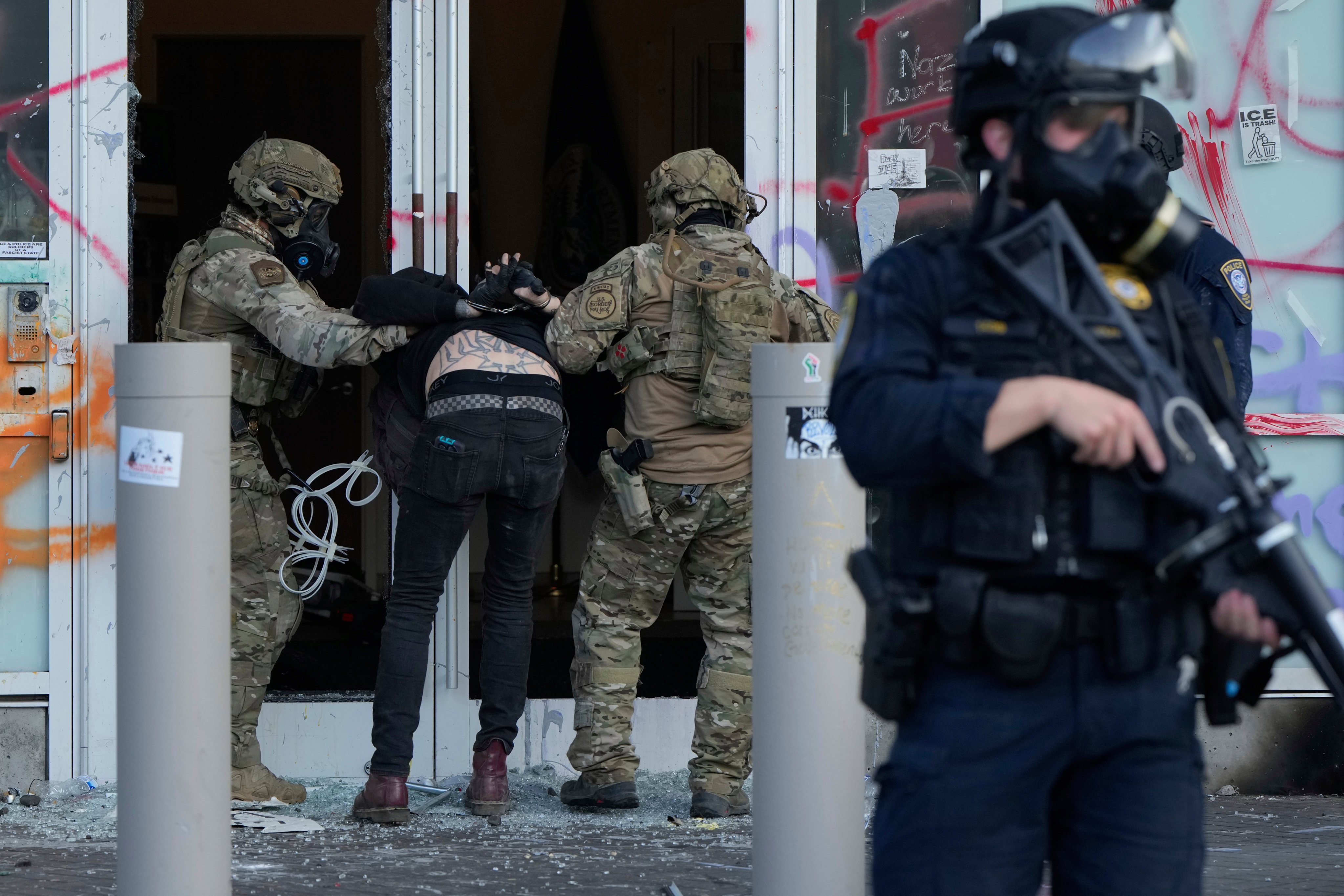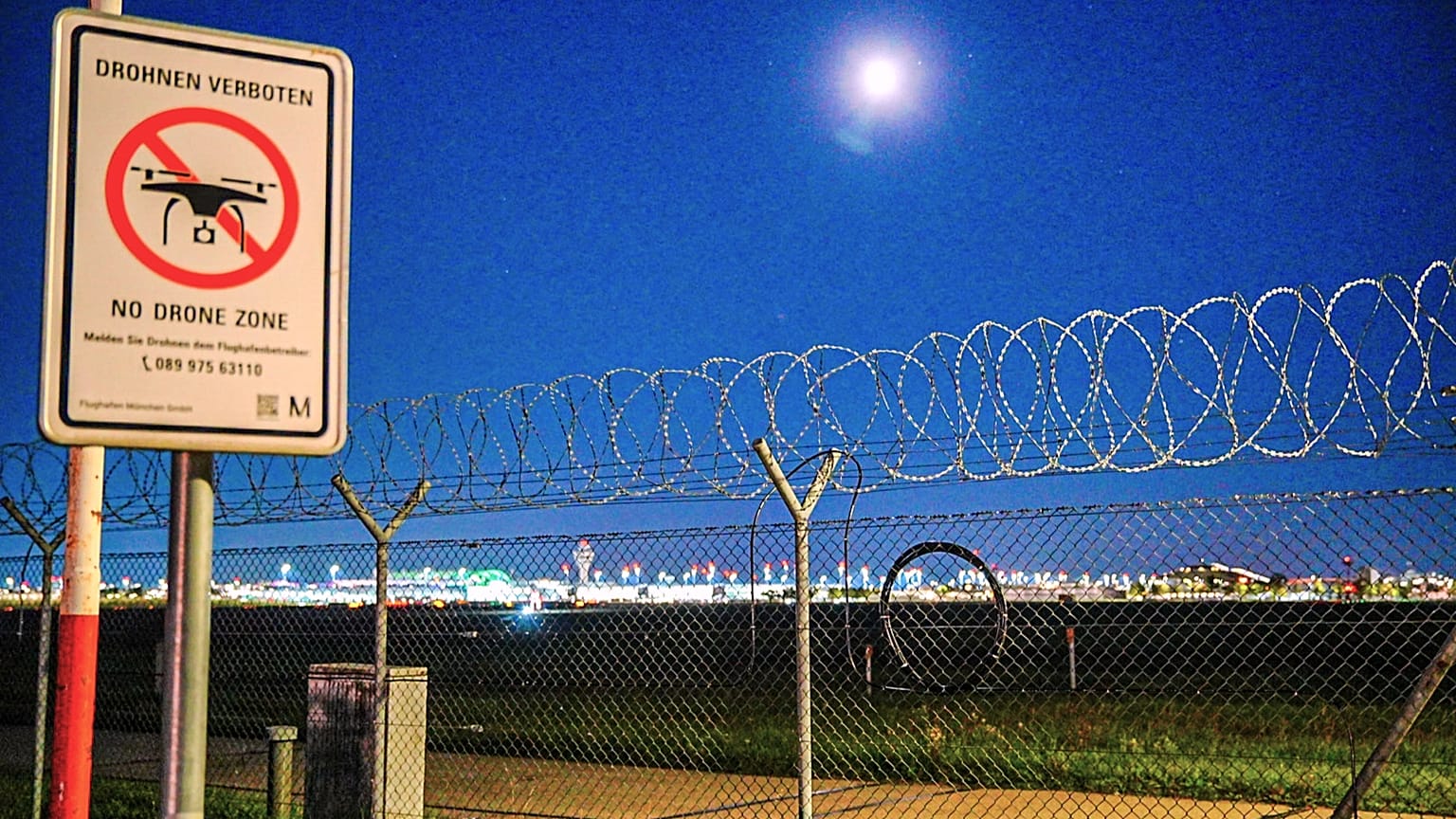The announcement of sending federal personnel to Portland has reignited national debates about immigration enforcement, public safety, and the role of federal authority in local jurisdictions.
La decisión de enviar tropas a Portland marca un nuevo capítulo en las tensiones actuales entre el gobierno federal y algunas administraciones locales. Esta acción se presentó como un paso necesario para garantizar la seguridad de las instalaciones de Inmigración y Control de Aduanas (ICE), que han sido cada vez más el centro de manifestaciones y críticas. Al poner el énfasis en la seguridad y el orden, la administración busca justificar una presencia federal en una ciudad donde tanto los funcionarios como muchos residentes se han manifestado abiertamente en contra de tales intervenciones.
Federal priorities and the rationale behind the move
The stated purpose of the deployment is to safeguard federal property and personnel from potential threats. In recent years, ICE offices have been at the center of heated protests, with activists calling attention to immigration policies they view as unjust and harmful. Demonstrators argue that these facilities symbolize a broader system of enforcement that separates families and places vulnerable communities under constant fear of detention.
For government representatives at the national level, the story changes. They claim that not safeguarding ICE facilities could encourage disruptive elements, weaken legal authority, and jeopardize vital government functions. Deploying federal forces demonstrates the administration’s readiness to establish control in places where it believes local officials cannot or choose not to uphold order.
This move reflects a broader trend in which federal power has been asserted more aggressively in disputes over immigration enforcement. It also highlights the persistent divide between Washington’s policies and the stance of many local governments, particularly in cities that have declared themselves sanctuaries for immigrants.
Community worries and local feedback
The deployment of federal forces has sparked strong reactions from local leaders, civil rights groups, and community members in Portland. City officials have expressed concerns that a military-style presence could escalate tensions rather than calm them. Many worry that the decision may lead to confrontations between residents and federal personnel, resulting in further unrest and eroding trust in institutions.
For locals, the action prompts inquiries concerning constitutional entitlements, the right to express oneself freely, and the equilibrium between protection and individual freedoms. Detractors claim that deploying soldiers close to protests might discourage legitimate demonstrations and label opposition as criminal. Additionally, they worry that the heightened militarization of national enforcement might exacerbate community divisions, fostering an atmosphere of fear instead of security.
Supporters of the deployment, on the other hand, maintain that ensuring the protection of federal facilities is a legitimate responsibility of the government. They argue that without intervention, property damage and violent clashes could continue unchecked, undermining both security and stability. This contrast in perspectives underscores the broader ideological divide within the country about the appropriate role of government in addressing social conflict.
Broader implications for national politics
The decision to send troops to Portland cannot be viewed in isolation. It is part of a larger pattern of federal responses to protests, immigration debates, and political polarization in the United States. By positioning the protection of ICE facilities as a matter of national security, the administration frames the issue not only as a local concern but also as a symbol of its broader commitment to law and order.
This methodology strikes a chord with advocates who perceive stringent implementation as vital for upholding sovereignty and stability. Concurrently, it amplifies disapproval from critics who regard these actions as authoritarian and neglectful of democratic principles. The conflict of viewpoints has become a hallmark of political dialogue, influencing how Americans perceive both immigration policy and the application of federal authority.
Thinking about the future, the deployment of federal forces in Portland has the potential to create a benchmark for similar actions in other urban areas. Should it successfully deter interruptions, this approach might promote wider use of federal power in situations where city administrations oppose national directives. On the other hand, if conflicts intensify and instability increases, the strategy could strengthen the viewpoint that such initiatives damage community confidence and exacerbate conflicts instead of easing them.
What it means for the future
Ultimately, the decision to send troops to Portland reflects deeper questions about governance, democracy, and national identity. It forces Americans to confront the balance between protecting institutions and respecting individual rights, as well as the limits of federal intervention in local matters. For Portland, it means navigating a period of heightened scrutiny, where the city becomes both a symbol and a battleground in a larger political struggle.
For the government, the rollout provides a chance to demonstrate its commitment to safeguarding safety and order, despite the potential backlash over exceeding limits. For locals, activists, and community leaders, it signifies a test of preserving communal principles while dealing with the impact of national authority.
The debate highlights the interconnection between immigration control, community safety, and political identity, which influence not only regional disputes but also the overall direction of the United States. It is unclear if deploying troops will bring about stability or escalate tensions, yet its effects will be felt well beyond Portland in the ongoing discussion regarding the government’s part in molding the country’s future.





